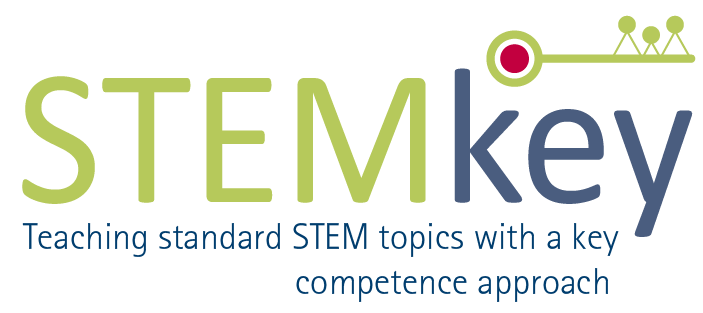The importance of promoting core competences in future STEM teaching
A subject knowledge scenario
Let’s imagine the following scenario: Kim loves chemistry. She is the top student in her class, knows the periodic table, chemical compounds and reactions by heart. She is also able to independently carry out chemical experiments, knows what she is doing and why. Kim can explain all necessary backgrounds of the chemical experiments. In biology Kim is also an ace. She is excellently equipped for a job as a laboratory chemist or pharmacist, her teacher says. So, Kim sends out her applications and receives an invitation for a job interview as laboratory chemist at a big food processing company. The personal manager starts asking Kim: “How is dynamite working?” Kim’s answer is faultless. The manager goes on “What is your opinion on dynamite fishing like it is done in Tanzania?”, “What could be alternatives to dynamite fishing, considering trapping methods, chemical reactions under water in connection with the health of fish and also considering the needs of fishers?”. Kim is lost…

Photo: Michael Jarmoluk / Pixabay

What happened in this scenario?
Kim acquired all basic chemistry and biology subject knowledge in school. But she was not able to apply her knowledge to various situations and real-life contexts or set her subject knowledge in context with societal decision-making processes. Kim was simply lacking the necessary competences to do so. Her teachers never offered her the possibility to use her subject knowledge with regard to real-life contexts, to connect STEM subjects in an interdisciplinary manner or to use her to knowledge in order to apply it to societal decision-making processes. These essential key competences were never nurtured. This is where the new ICSE Erasmus+ project STEMkey comes in.
STEMkey promotes key competences like knowledge, skills and attitudes
STEMkey stands for ‘Teaching standard STEM topics with a key competence approach’. Thus, our objective is to transform future teachers’ approach to teaching standard STEM topics. To achieve that, we want to rethink, reshape and redirect the delivery of fundamental STEM subject knowledge in the direction of key competence development. We want to encourage future teachers to refrain from teaching with the sole purpose of knowledge-transfer of a single STEM subject, isolated from other STEM subjects. This simply does not measure up to todays and tomorrows challenges and requirements anymore.
Instead, through STEMkey we empower future teachers to nurture their students’ key competences when delivering standard STEM content. To achieve this objective we develop teaching modules to be used in higher education programmes for future STEM teachers, which will transform future STEM teachers’ teaching abilities.

Photo: Gerd Altmann / Pixabay

Project Manager Elena Schäfer
Get in contact
Our STEMkey consortium contains higher education institutions from 12 European countries, covering all STEM disciplines and featuring strong expertise in competence-based STEM education.
Are you interested in the project and wish to know more? Are you maybe a (higher education) teacher interested in our international multiplier events or would you like to send students to our summer school activity? Get more information by contacting the project manager at elena.schaefer@ph-freiburg.de!
The project is co-funded by the European Union under grant no. 2O2O-I-DEO1.KA2O3.OO5671. Neither the European Union/European Commission are responsible for any use that may be made of the information it contains for the content or liable for any losses or damage resulting of the use of these resources. It reflects only the authors view.

